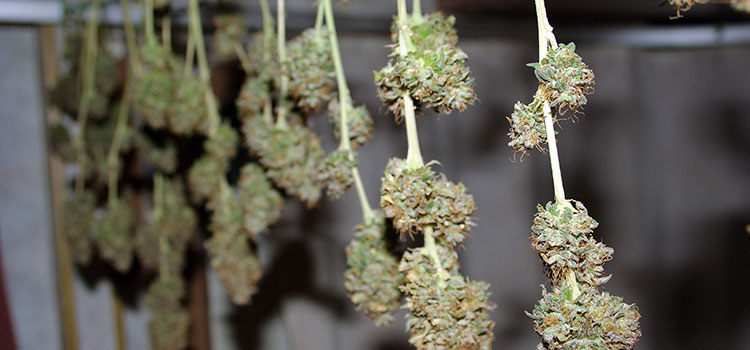In states with recreational cannabis, medical marijuana patient counts have dropped, according to research by GreenWave Advisors. The culprit — a combination of medical cannabis overregulation in states that adopt recreational cannabis, the DEA’s refusal to reschedule cannabis which forces many doctors to shy away from recommending the drug, and that many people registered in medical marijuana programs were actually retail customers gaming the system.
According to a Forbes report outlining the analysis, the researchers did not include Washington and Alaska in their patient counts because patients are permitted to grow their plants at home, making it hard to count — additionally, Washington’s new patient database is also likely to have steered many patients away from the state’s “medical cannabis” options. The report authors note that in May, cardholder applications were down 73 percent in Arizona “perhaps in anticipation of a favorable election outcome for recreational use.”
The report says that even in medical markets, sales follow retail purchasing habits and jump during the holiday season, the summer, and in preparation for 420 celebrations. These markers indicate that many medical cardholders are purchasing cannabis as a commodity.
Analysts predict that many states will begin to merge the regulatory duties of the medical and recreational markets, and it’s possible states will “medically endorse” some recreational dispensaries.
This is not to mean that the medical marijuana market will cease to exist — it could recalibrate as more doctors become involved and more targeted drugs and strains become available. However, the analysts suggest that recreational sales will certainly exceed medical sales in states where they are permitted.
